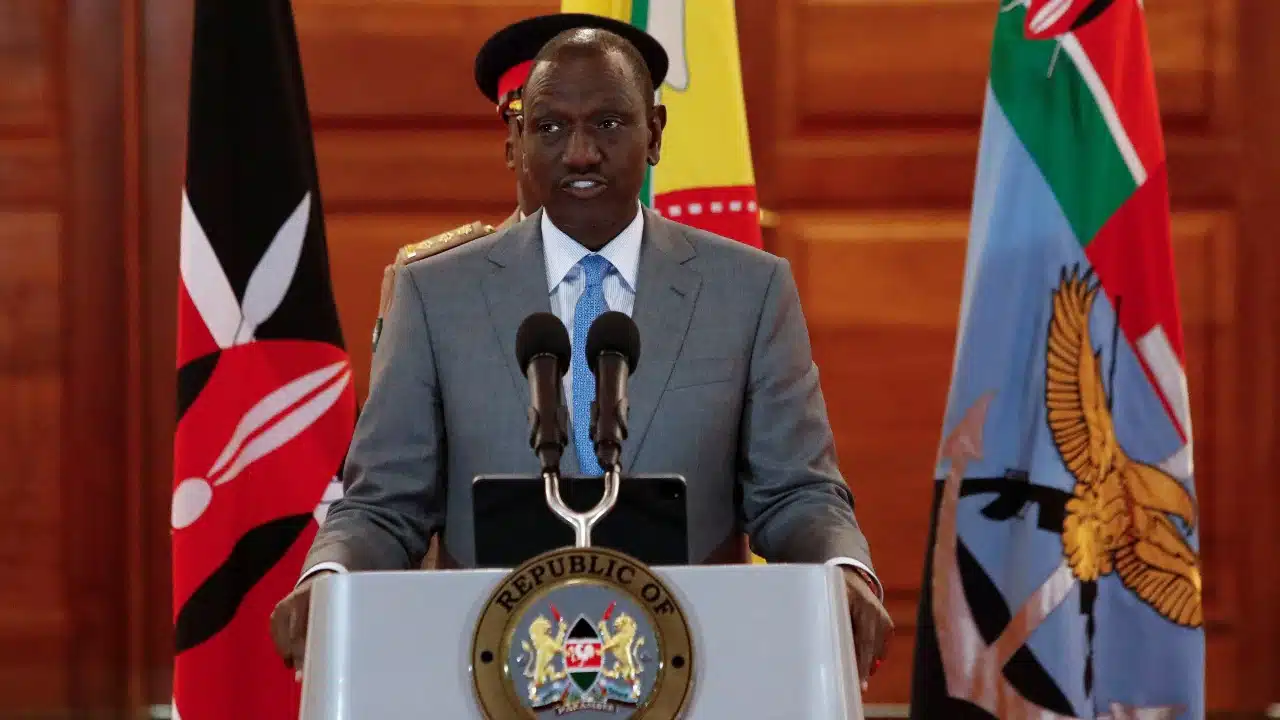President William Ruto announced the dismissal of his entire cabinet and the Attorney General, except for the Deputy President and the Prime Cabinet Secretary (PCS), in response to youth demands. This reshuffle aims to address public dissatisfaction and align the government’s priorities with the nee

President William Ruto, on Thursday, announced the dismissal of his entire cabinet and the Attorney General, except the Deputy President and the Prime Cabinet Secretary (PCS) in response to demands from the youth. This reshuffle aims to address growing public dissatisfaction and align the government’s priorities with the needs and aspirations of the younger population. During a televised address, he instructed Principal Secretaries to manage the ministries temporarily until a new cabinet was appointed.
The President said, “I will immediately engage in extensive consultations across different sectors and political formations, with the aim of setting up a broad-based government that will assist me in accelerating and expediting the necessary, urgent, and irreversible implementation of radical programs to deal with the burden of debt, raising domestic resources, expanding job opportunities, eliminate wastage and unnecessary duplication of a multiplicity of government agencies and slay the dragon of corruption consequently making the government lean, inexpensive, effective and efficient.”
Addressing the demands of Kenya’s Gen Z, President William Ruto has prioritized the removal of corrupt Cabinet Secretaries. Gen Z’s broader demands include recalling corrupt Members of Parliament and abolishing unconstitutional positions like the Chief Administrative Secretary (CAS) and the Prime Cabinet Secretary (PCS), though the PCS was not dismissed in the recent reshuffle. They also call for these officials to face corruption charges and be held accountable for the deaths and abductions of protestors and others injured during Gen Z demonstrations. Additionally, they have called for the resignation of the President.
The Constitution of Kenya provides the procedure for appointing Cabinet Secretaries and the Attorney General. Article 152 specifies that the President nominates candidates for Cabinet Secretary positions, who are then vetted and approved by the National Assembly. Once approved, the President formally appoints the nominees. Similarly, Article 156(2) details the appointment of the Attorney General, following the same nomination and approval process by the National Assembly.
Also Read:





